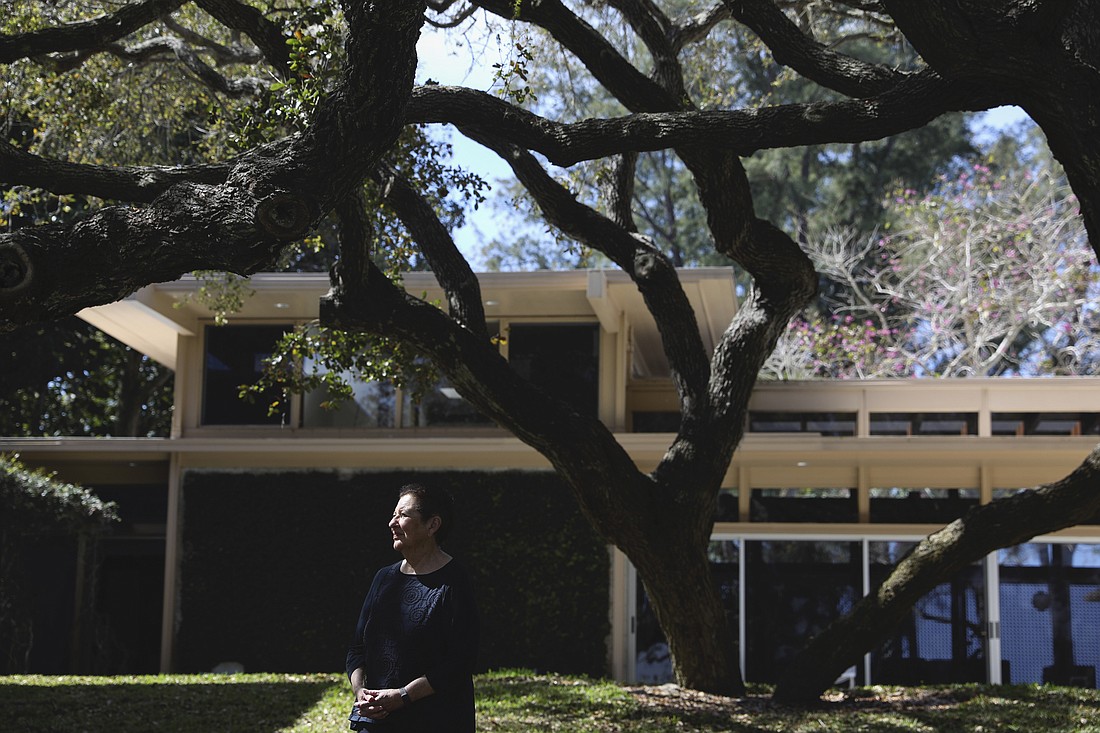- December 15, 2025
-
-
Loading

Loading

A mother-son financial services duo, mostly from a beachfront compound in Sarasota, have become some of the most sought-after dealmakers in one of Wall Street’s hottest tickets: blank check companies.